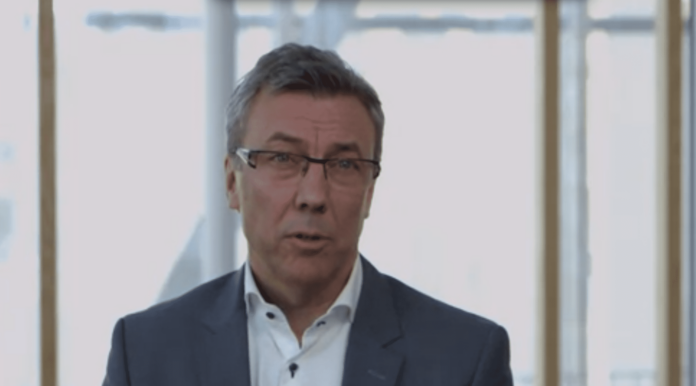Cloud-based, SaaS IoT Accelerator addresses transport, energy and public safety
With numerous projections pegging the value of Internet of Things (IoT) solutions in the trillions of dollars, it’s apparent that carriers, enterprises and developers have a huge, albeit complex, opportunity to transform their businesses and industries. With the goal of making IoT simple, Ericsson has launched its IoT Accelerator software-as-a-service platform with an eye on speeding time-to-market and enabling global scale.
The cloud-based IoT Accelerator product is geared toward creating solutions for transport, energy and public safety, which are target area’s for Ericsson’s Connected Industry and Society business line.
Olle Isaksson, Ericsson’s head of strategy, Industry and Society, boiled down the challenges facing IoT stakeholders as complexity, a joint ecosystem and slow time-to-market.
“IoT is an enabler of business transformation in a number of industries,” he said. “Some of the main challenges that we have seen in the areas that we believe are relevant for IoT is, number one, the complexity. Designing, implementing, operating an end-to-end solution from a device, bringing data into analytics and presenting the results in an application environment requires a lot of integration. Secondly, the possibility to actually share and work in a joint ecosystem and share the financial result of the final solution does not exist today. And, thirdly, the challenge of deploying an innovative solution in a production IT environment often leads to longer time-to-market than expected.”
He said the IoT Accelerator platform combines connectivity management, data management and analytics with consulting services, verification testing for applications and devices and an environment for global implementation.
In Tunisia, the Ministry of Communication Technologies and Digital Economy is looking to “empower developers and businesses to explore new opportunities by means of the Internet of Things,” according to Ericsson. That led to creation of Elgazala Technopark, which uses IoT Accelerator to “support developers, startups and established companies to leverage the potential of the Internet of Things.”
Another example is a connected bus proof of concept out of Kigali, Rwanda, which uses an app for mobile payment, while also supporting fleet management and functions.

